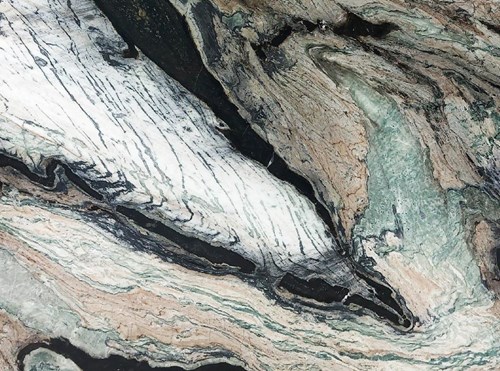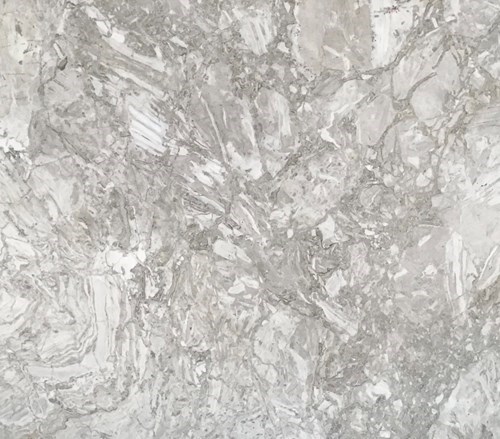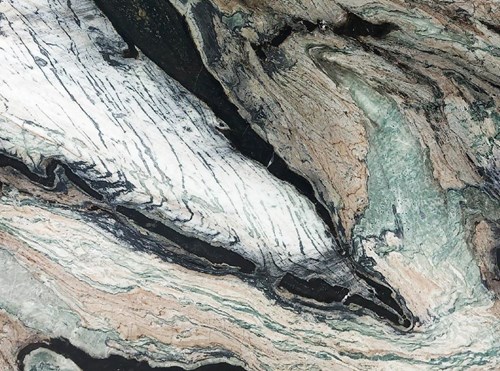When it comes to choosing the right material for your countertops, there are many options available, each with their own unique characteristics. Two popular choices are dolomite and marble. While both are beautiful natural stones, they have different properties that make them suitable for different needs. Here’s a comparison of dolomite countertops vs marble countertops to help you decide which is right for you:
Appearance
Marble is a classic natural stone that has been used for centuries in high-end homes and buildings. It features distinctive veining patterns and a range of colors, from white to black and everything in between. Dolomite, on the other hand, has a more subtle appearance. It is usually white or gray with subtle veining. Both stones are beautiful in their own way, but if you’re looking for a more striking look, marble may be the better choice.

Durability
When it comes to durability, dolomite has an advantage over marble. Dolomite is a harder and denser stone, making it more resistant to scratches, chipping, and staining. Marble, while still durable, is softer and more porous, which means it can be more susceptible to damage. If you’re looking for a countertop that can withstand heavy use and potential spills, dolomite may be the better choice.
Maintenance
Both marble and dolomite require regular maintenance to keep them looking their best. Marble is more porous, which means it requires sealing to protect against stains. It is also more susceptible to etching from acidic substances like lemon juice or vinegar. Dolomite is less porous and more resistant to staining, but it still requires sealing and regular cleaning. If you’re looking for a low-maintenance option, neither of these stones may be the best choice.
Cost
When it comes to cost, dolomite and marble are similar. Both are natural stones that are more expensive than engineered materials like quartz or laminate. The cost can vary depending on the quality and rarity of the stone. However, because dolomite is more durable, it may be a better investment in the long run as it is less likely to need replacement.
Which is right for you?
When it comes down to choosing between dolomite countertops and marble countertops, it ultimately depends on your needs and preferences. If you’re looking for a classic look with distinctive veining and don’t mind regular maintenance, marble may be the better choice. If you want a more durable option that requires less maintenance and can withstand heavy use, dolomite may be the better choice.
In conclusion, both dolomite and marble are beautiful natural stones that can add elegance and sophistication to your home. When making your decision, consider the durability, maintenance, cost, and appearance of each stone to determine which is right for you. Whether you choose dolomite or marble, you can be confident that you’re investing in a quality countertop that will last for years to come.



